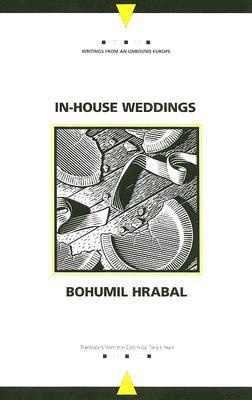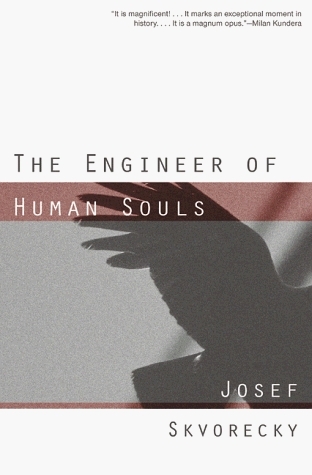
In-House Weddings
Book Description
In a world where love teeters on the brink of chaos, a wedding is anything but a fairytale. Secrets bubble beneath the surface as two families collide in a single, fateful day. Emotions surge, laughter mingles with tears, and an unexpected guest could unravel everything. Tensions heat up as old grudges resurface and hidden desires ignite. Can love survive the storm of betrayal and scandal, or will the bonds forged in celebration fray in the face of reality? Every moment counts, and when the final vow is spoken, what will be left standing?
Quick Book Summary
"In-House Weddings" by Bohumil Hrabal is a vibrant and moving narrative that centers on the chaos and tenderness of a family wedding in postwar Czechoslovakia. The story unfolds over a single day, transporting the reader into a world where old grievances and hidden passions surface amid the rituals of celebration. The wedding, far from a simple union, becomes a crucible in which love, betrayal, and generational tension boil over. Through moments of humor and emotional intensity, threads of Hrabal’s characteristic lyricism and wit infuse the narrative. The arrival of an unexpected guest tips the delicate balance between hope and heartbreak. As secrets unravel and bonds are tested, the novel poses timeless questions about identity, forgiveness, and the durability of affection in the face of life’s unpredictable storms.
Summary of Key Ideas
Table of Contents
Family Dynamics and Generational Conflict
Set against the backdrop of a bustling wedding in postwar Czechoslovakia, Hrabal’s novel plunges the reader into a world where family relationships are both a source of comfort and contention. The intersecting stories of two families, united by marriage yet divided by unresolved tension and history, create a tapestry of voices and emotions. The day’s rituals trigger old resentments and unspoken desires, and characters grapple with their identities amid changing times. Hrabal’s prose captures the sights, smells, and sounds of the wedding, grounding the reader in both the celebration and the underlying anxieties.
The Interplay of Joy and Sorrow in Celebrations
The novel deftly explores the dualities inherent in all major life celebrations. Laughter and tears are never far apart, as toasts and speeches evoke both nostalgia and regret. Through the lens of the wedding, Hrabal examines how public ceremonies often lay bare private struggles. The characters oscillate between civility and confrontation, compelled by the heightened emotions of the day. Moments of farce and levity intermingle with darker undercurrents, reminding readers that weddings are as much about endings as beginnings.
Secrets, Betrayals, and the Complexity of Love
Secrets simmer beneath the surface of the festivities, with each toast or dance threatening to reveal hidden truths. The unexpected guest becomes a catalyst, forcing confrontations and shattering carefully maintained illusions. Old wounds—romantic, familial, and social—resurface, and the characters must face the consequences of past betrayals. The novel illustrates how love is complicated by memory and expectation, as well as by the compromises each generation must make.
Social Change and the Passage of Time
Central to the narrative is the way Hrabal captures a society in flux. The wedding becomes a microcosm of broader social changes as tradition clashes with new realities. Older characters cling to the past, while the younger struggle to define themselves in a rapidly shifting world. The story explores how individuals seek stability in ritual, even as those very rituals are transformed by time and circumstance. The evolving social fabric serves as a backdrop to the characters’ personal dramas.
Reconciliation and Enduring Human Connection
In the aftermath of revelation and confrontation, the novel traces paths toward understanding and forgiveness. Bonds once frayed by scandal and suspicion are tentatively mended through small acts of grace. Hrabal’s concluding passages emphasize the resilience of human connection, suggesting that while love is often battered by reality, it endures nonetheless. The wedding, for all its turmoil, ultimately becomes a space for renewal and the recognition of shared humanity.
Download This Summary
Get a free PDF of this summary instantly — no email required.





